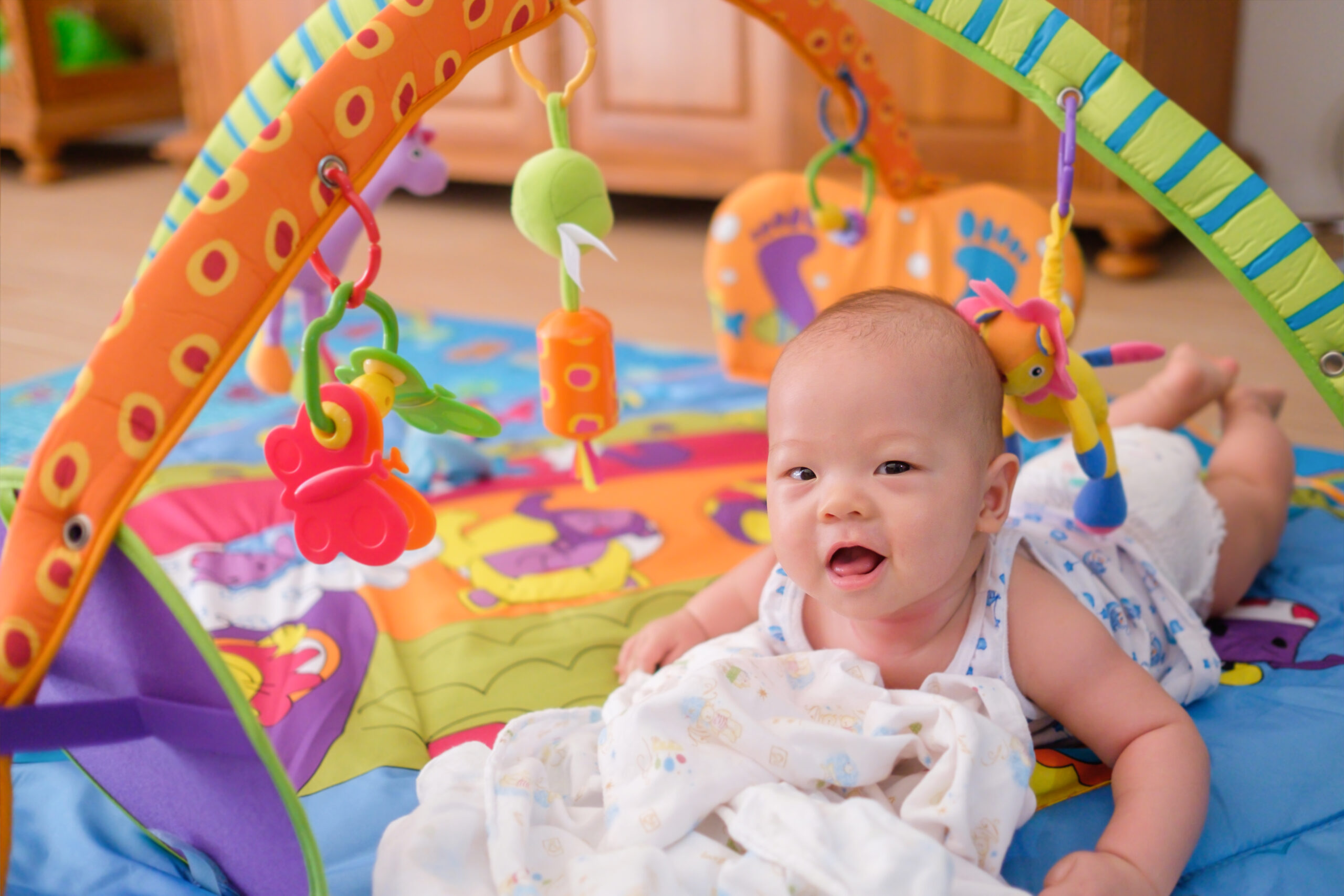 Most babies are holding up their heads steady, rolling onto their tummies and babbling by 5 months. But a baby that is preoccupied with learning to sit up with support may push verbal skills to the back burner or vice versa. It’s not unusual and is nothing to be alarmed about.
Most babies are holding up their heads steady, rolling onto their tummies and babbling by 5 months. But a baby that is preoccupied with learning to sit up with support may push verbal skills to the back burner or vice versa. It’s not unusual and is nothing to be alarmed about.
All children develop skills at their own pace, so it may be normal for one child to acquire certain skills weeks or even months before another child.
“Doctors use milestones to gauge if a baby is developing as expected,” said Aml Kelada, MD, a pediatrician at Akron Children’s Pediatrics, Amherst, who points out it’s not unusual for a baby born prematurely to reach milestones later than a baby born full term. “A child who develops certain skills within a few months of the expected milestones timeline is likely within the average range.”
Dr. Kelada offers some guidelines that can help parents decide if their baby might be at the latter end of the spectrum for 5-month milestones.
Communication and language skills
- Make consonant sounds, such as “goo,” “bah-bah” or “ma-ma”
- Babble continuously
- Vary their cries to express different needs
Movement and physical development
- Push up on elbows or forearms during tummy time
- Hold their head up steady without support
- Roll from back to tummy
- Reach for and grab objects
- Smile at self in the mirror
Social and emotional development
- Make good eye contact
- Feel secure when held or talked to (i.e., stops crying when picked up)
- Laughs when tickled
- May cling to primary caregiver
- Recognize familiar faces and identify strangers
Cognitive skills (thinking and learning)
- Discover their hands and feet and pulls them to their mouth
- Recognize cause and effect
- Imitate your acts and responses
- Respond to their name
When should parents be concerned about baby’s milestones?
If a 5-month-old baby isn’t reaching for and grabbing items, bringing hands or other items to her mouth, can’t sit up with support at all or doesn’t seem to respond to facial expressions or smile, these are symptoms that could signal a developmental delay or medical problem.
If you notice your baby is not meeting one or more milestones or that your baby had skills, but has lost them, share your concerns with a pediatrician.
The provider will likely closely monitor these issues month-to-month. If your baby is noticeably falling behind, the pediatrician may refer her to physical therapy or a specialist. Early intervention is key to get any issue turned around before it affects other aspects of your baby’s development.
“At the 6-month checkup, if I notice a baby isn’t achieving a specific 5-month milestone, I’m not concerned. But, if the baby still isn’t achieving the milestone by the 9-month checkup, it could indicate a problem,” said Dr. Kelada. “That’s why we schedule checkups every few months to give babies time to achieve milestones at their own rate.”
If you have concerns about your baby’s development, make an appointment with their pediatrician.










